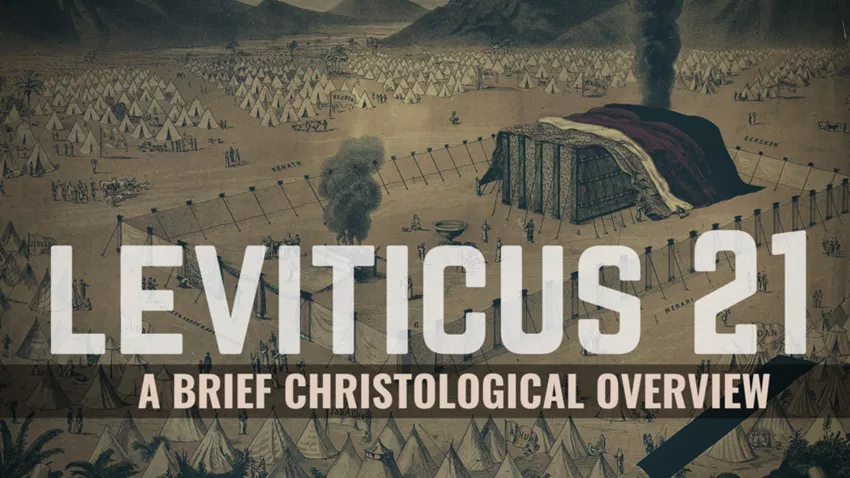Leviticus Chapter 21 Summary
Leviticus 21 outlines the specific regulations for the conduct of priests, emphasizing their role as representatives of God and models of holiness for the Israelites. The chapter details the requirements for priests’ personal purity, including restrictions on mourning practices and prohibitions against certain physical imperfections that would disqualify them from performing rituals. Priests must marry only women of good repute, and the high priest is given additional responsibilities and stricter rules. These guidelines highlight the importance of maintaining the sanctity and integrity of the priesthood. Ultimately, Leviticus 21 stresses that priests must reflect God’s holiness in their lives to properly serve Him and the people.
Bible Leviticus Chapter 21
Welcome to read Leviticus Chapter 21. Here is the list of Exodus Chapter 21:
What Does Leviticus Chapter 21 Teach Us?
Leviticus 21 focuses on the standards for holiness and purity required of the priests in Israel. As mediators between God and the people, the priests were held to higher standards than the rest of the Israelites. This chapter provides detailed guidelines about their conduct, marriage, and physical purity, emphasizing that those who serve in God’s presence must be set apart. Below are the key teachings from Leviticus 21:
1. The Call for Priesthood Purity
Leviticus 21 begins by outlining the importance of purity for priests. The priests are instructed not to become defiled by contact with the dead, except in cases of close family members, such as a father, mother, son, daughter, brother, or unmarried sister. This reflects the need for the priest to maintain personal purity, as they were responsible for representing the people before God in the sanctuary (Leviticus 21:1-4).
2. Physical Perfection and the Priesthood
God commands that priests must be physically unblemished, which serves as a reminder of the high standards required for those who approach His holy presence. Priests with physical defects, such as blindness, lameness, or deformities, are prohibited from serving in the temple. This does not mean that these individuals are unloved or unworthy of dignity, but rather that the priesthood requires a reflection of perfection and holiness as a symbol of the ideal worship of God (Leviticus 21:16-24).
3. Holiness in Marriage
The chapter also provides rules about the priest’s marriage. A priest is not allowed to marry a woman who has been defiled by prostitution or divorce. The priest’s wife must be a woman of integrity and purity, as the holiness of the priest’s ministry extends to his personal life. By marrying a woman of good repute, the priest’s family reflects the sanctity and purity of the priesthood itself (Leviticus 21:7-9).
4. The High Priest’s Special Role
The high priest, being the highest office in Israel’s religious hierarchy, is held to even stricter standards. He is prohibited from mourning in certain ways, such as shaving his head or tearing his clothes, when a close family member dies, to maintain the dignity of his office. The high priest must remain ceremonially pure to perform his duties, especially the sacred rituals, including entering the Holy of Holies once a year (Leviticus 21:10-15).
5. Emphasis on Holiness and Separation
Throughout Leviticus 21, a key theme is the idea of separation from defilement and impurity. Priests must be distinct from the people they serve, reflecting God’s holiness in their lives. The requirements placed on the priests are not arbitrary but are designed to ensure that those who represent God before the people maintain a high standard of holiness, which is necessary for their role in sacred rituals and worship (Leviticus 21:5-6).
6. God’s Desire for a Holy Priesthood
The chapter concludes by emphasizing that God’s ultimate desire is for a holy priesthood that upholds His standards. The priests are not just to serve as ritual leaders but as models of holiness for the entire nation. The physical, moral, and relational standards for priests reinforce the idea that those who serve God must do so with the utmost reverence and integrity. Through these guidelines, God demonstrates that holiness is not just about external appearances but about a life that reflects His purity and glory (Leviticus 21:22-24).
Related topics:


